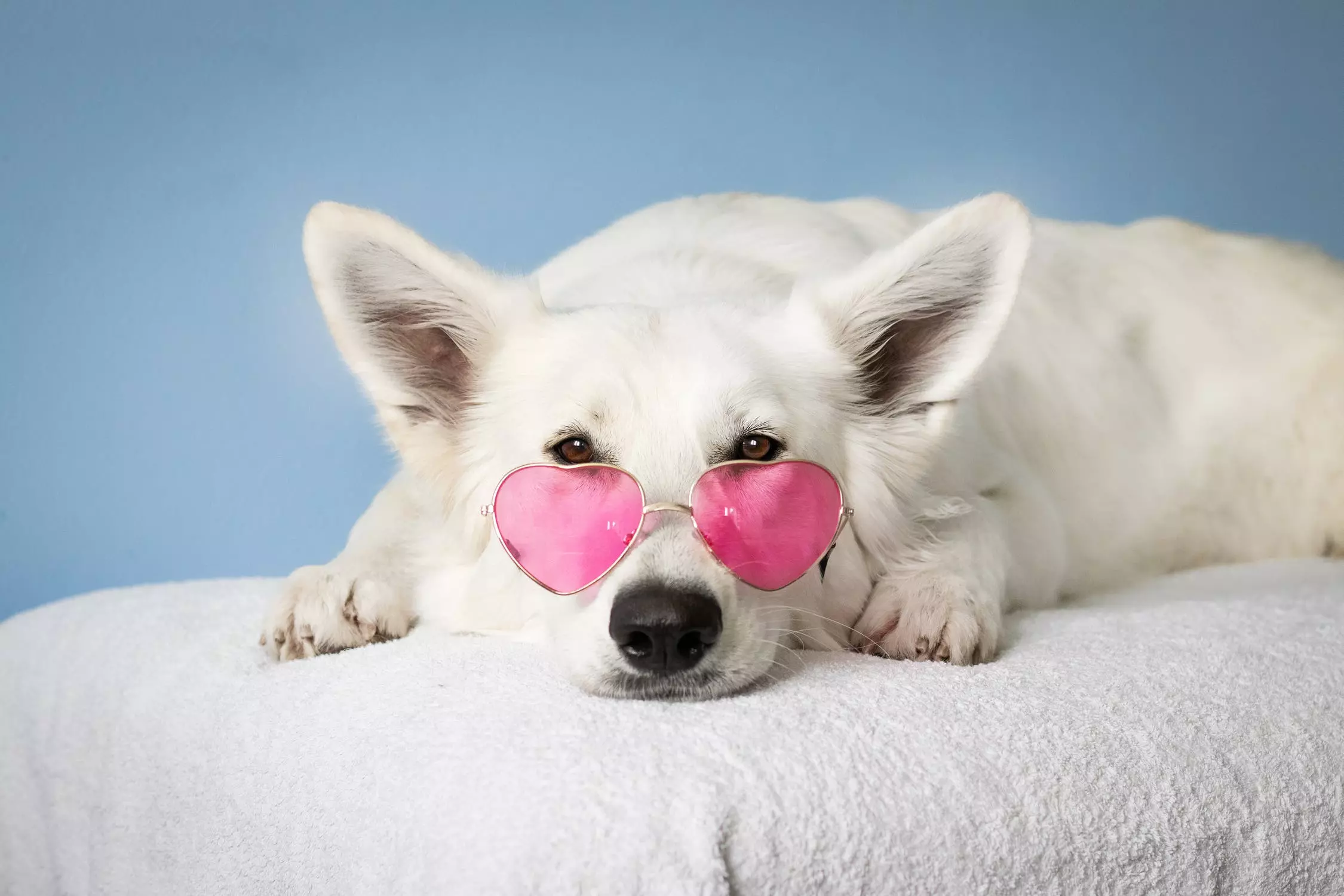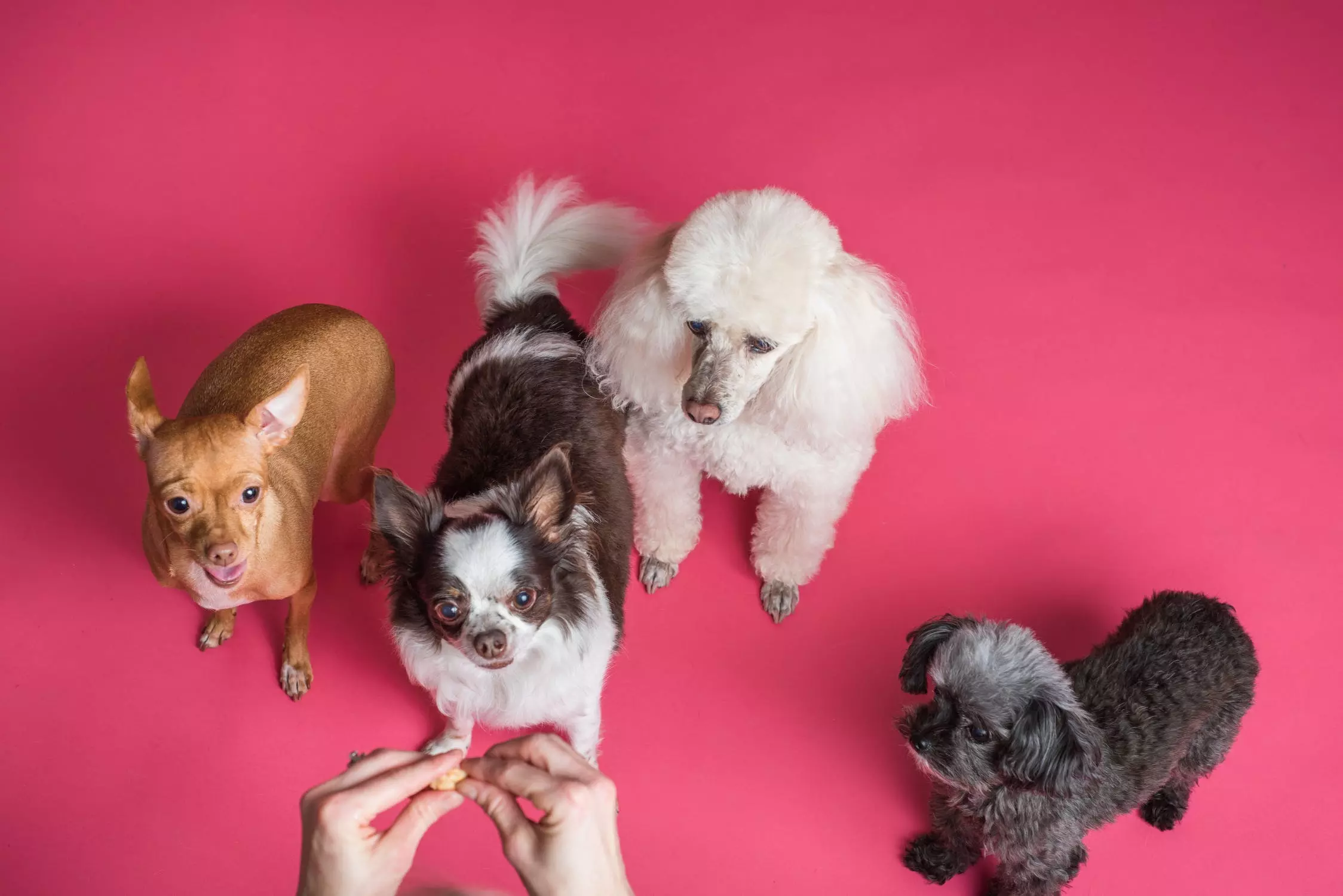Dog owners can prevent their dogs from bitting by taking ownership, education and responsibility to keep everyone safe.
The first thing to remember is that any animal with a mouth can bite. There is always a risk of biting happening, no matter what temperament your dog has. Importantly, it’s a risk that you, as the owner, must always be aware of and take responsibility for. The question is if a dog bites once, will it continue to display that kind of behaviour?
Why Did My Dog Bite in the First Place?

There is no scientific evidence to say that a dog will continue to bite. In fact, whether your dog continues to exhibit this behaviour really depends on why he bit in the first place. For example, was he provoked? Was the bite a result of an illness? Or has his training gone out the window? If these underlying issues are resolved, chances are, your dog won’t bite again.
Dogs bite for a number of reasons. Sometimes, they are simply playing, nipping around, and like the look of your shoes. In these cases, they can become deterred with proper training and an anti-chew spray. However, sometimes they do this and get ahead of themselves without realising their strength. Other times, they may be scared or in pain. And there are some dogs who are simply aggressive, whether provoked or not. It’s important to remember though that biting, when provoked, is a natural instinct to dogs. It’s how they defend themselves.
Here are the reasons why dogs bite:
- Poor socialisation
- Lack of training
- Feeling in danger
- Defending a territory
- Facing a stressful situation
The Warning Signs to Look Out For
There are some signs to look out for when it comes to biting. Most of the time, dogs bit to protect themselves from danger. For example, if you’ve rescued a puppy, some smells or situations may trigger some horrible memories for him, leading him to lash out, despite never showing aggressive behaviour before.
When a dog feels threatened, he may snap. Invading his space or pushing his boundaries, even during playtime, may set him off. Dogs can also be very territorial so if they feel like their territory is threatened, they may not react kindly. Of course, another reason dogs bite is if they are scared. Fear is usually caused by their circumstances prior to being in your care, their individual personality, and their temperament.
Some Telltale Signs to be Aware of
Your dog may simply be frightened by going to the vet or new places. If you know this, you can help him control his reactions. Finally, being injured or ill can also trigger biting. Just like humans, dogs react differently to not feeling themselves. Some will want extra cuddles and others won’t want to be touched. Understanding which reaction your dog has to illness or injury is important.
Tell-tale signs that a dog may be about to bite include direct eye-contact, their tail may be up, they’ll sniff, bare their teeth, growl, or even bark. They may also, at times, push their chest out. This makes them appear more threatening. And their ears will be up and alert.
What To Do If Your Dog Bites?
As they say, prevention is the best protection. Making sure your dog is socialised early is important so he understands his role in society. Being able to interact with other dogs and humans is critical. However, even those dogs who are socialised from the youngest age possible can lash out.
If your dog bites, remember to stay calm. Panicking won’t solve the situation. In fact, it may even make it worse by creating anxiety. Immediately confine your dog to another room. Make sure he is in a safe space so he can’t hurt himself or anyone else. Indoors, this may mean a crate or pet carrier. If you’re out and about, shorten his lead as much as possible and tie it to a safe pole.
If a dog bites occur:
- Stay calm and don't panic
- Wash the wound with soap and water
- Help the victim
- Contact a medical professional and a family member
How To Deal with the Wound?
It’s then time to deal with the wound. Focus on the wound and react fast. If your dog has broken skin, apply pressure to the wound, and call for medical attention if necessary. Wash the wound as soon as you can. If you only have water, that should suffice. However, if you have access to a sterile solution, that will help avoid infection.
Remember, it may be necessary to consult with the local authorities. Comply with whatever questions they ask and be honest. If your dog has bitten someone else or another dog, you’ll need to exchange information with the victim. Contact may be required about the incident, especially when it comes to vet, and hospital bills.
Steps to clean the wound:
- Clean the wound three times with hydrogen peroxide moistened
- Apply a small amount of a triple antibiotic ointment to the wound
- Keep monitoring the wound for excessive redness, swelling or purulent discharge
- If you notice any signs of infection then a re-check with a medical professional is needed.
Summing up

Once all the necessities are conducted, understanding why your dog bit in the first place will help you ensure it doesn't happen again. Consider the circumstances around the bite and then do everything you can to avoid that situation again. Remove any stressors that may have provoked your dog and if required, seek professional training even if you have done it before.
A dog who bites won’t necessarily do it again. But it’s up to you as the owner to ensure you are doing everything in your power to protect others and your dog.
How to prevent dog bites:
- Keep your dog's vaccination up-to-date.
- Socialise your dog with pets and people
- Put your dog in a training program
- Help your dog manage different situations
- Don't discipline your dog with aggressive methods
- Always keep your dog on a leash outside.





Leave your comments
Post comment as a guest